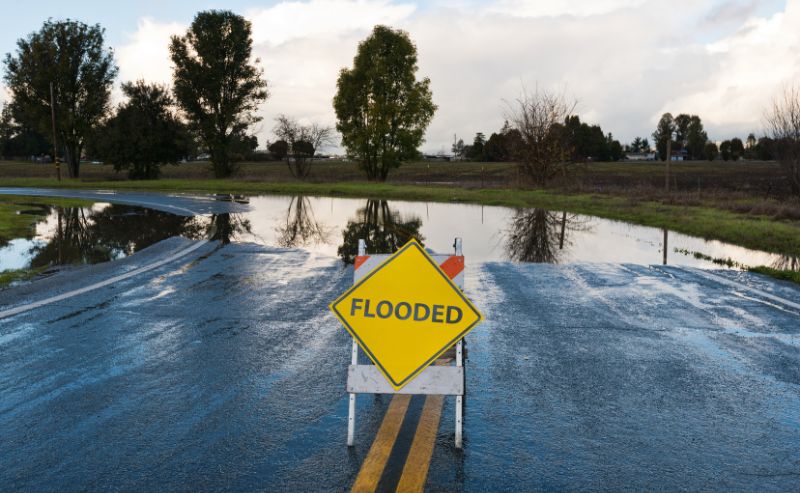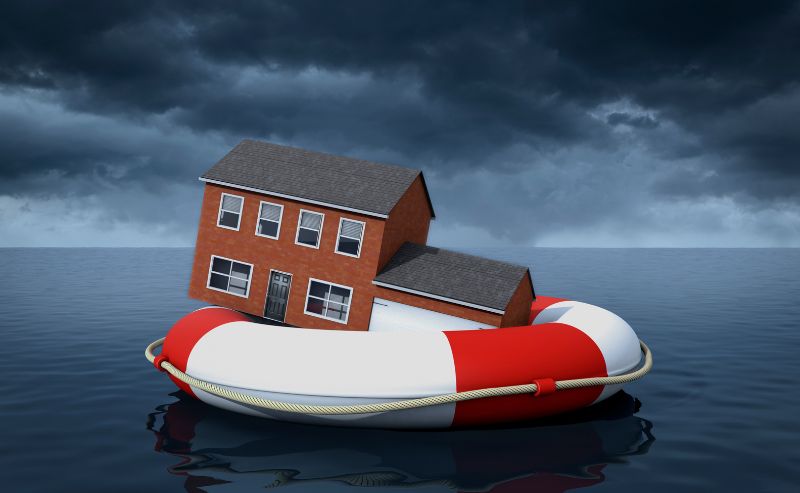As in years past (50 to be exact), millions of people around the world have recognized April 22nd as Earth Day, a time to bring attention to environmental issues and emphasize the need for change. The theme for Earth Day 2020 is climate action.
According to the latest National Climate Assessment (NCA) (2018) (a non-partisan report mandated by Congress every four years), climate change creates new risks and exacerbates existing vulnerabilities in communities across the U.S. These present growing challenges to human health and safety, quality of life, and the rate of economic growth. Further, in the absence of significant global mitigation action and regional adaptation efforts, rising temperatures, sea-level rise, and changes in extreme weather events (flooding, hurricanes, etc.) are expected to increasingly disrupt and damage critical infrastructure and property, labor productivity, and the vitality of our nation’s communities.
Hence, the connection. That’s why the Federal Emergency Management Agency (FEMA) believes that, regardless of why the climate is changing, emergency managers must be poised to respond to disasters and support preparedness efforts nationwide. This means incorporating the effects of climate change into their state, local, tribal, or territorial hazard mitigation plans. And, doing so as soon as possible if they want to continue to receive the required approvals for plan adoption and certain hazard mitigation funding.
If your state, local, tribal, or territorial government needs help incorporating this or other threats into its next hazard mitigation plan, email info@BOLDplanning.com or call 615.469.5558 today.






